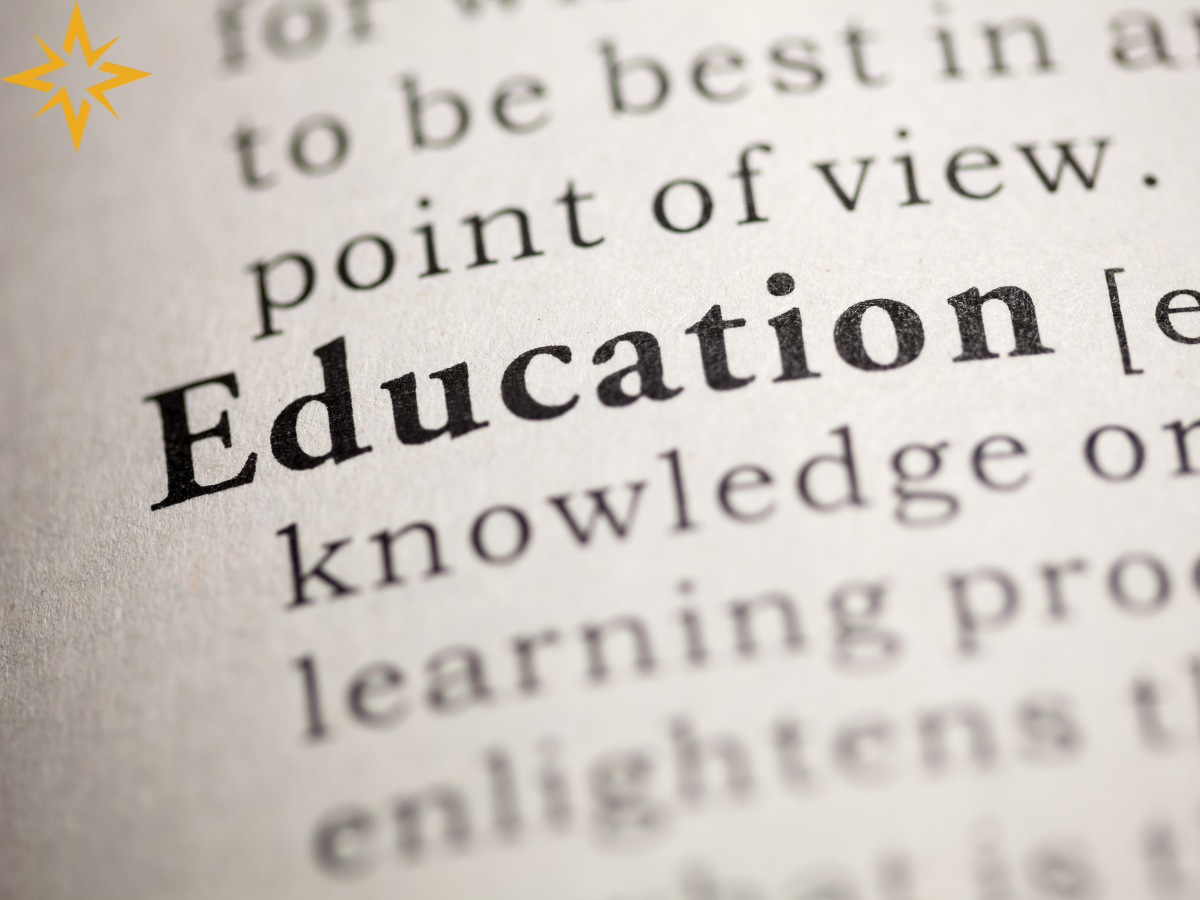Have We Misunderstood Education?
By Ian K.
Education by Devonyu from Getty Images
Created in Canva
Why do we get an education? You may suggest without further thought that the sole purpose of an education is to go to college, get a job, and succeed in life by whatever terms you set for yourself. While all these things are true, what if I told you that you had missed the point entirely? What if the reason we get an education is for the purpose of crafting our skill in articulation? After all, there are few things more powerful than someone who is articulate and capable of persuasion. The potential to think, communicate effectively, and participate in negotiation are all coincided with one’s ability to impart their thoughts intelligently and intelligibly.
A gravely incorrect notion of this day and age in the minds of many students is the idea that good grades are the representation of success in school. Hence, the purpose of our education becomes a pursuit of a number—a statistic that compares us to other students as well as to a subconscious standard. This pressure attributed to grades can lead some students to depression and crippling anxiety, which are of considerably predominant impact among the various adolescent troubles. Picture the reality many students live: treat math or science problems as a minuscule component of an overall grade. Do as instructed and solve the problem or forget and get it wrong. Is this a compelling mindset to approaching an occupation that you will participate in for years to come? Of course not, and it shouldn’t be. It misses the point of education completely. The purpose of the problem in front of you is to train your mind to reason and think clearly. If it is your desire to see school as less of a monotony and more as an opportunity granted to you, think less of the problem itself and more about what it is training you to do. There is little to stop an individual who is capable of thinking, articulating, and reasoning; all it takes is a mindset.
Take, for example, the independent cases of school activities and the purpose that they serve. As herein mentioned, science and math problems function not only to make us memorize arbitrary facts of our existence, but to develop our ability to rationalize information. This skill is absolutely essential for our mind to function effectively in its processes. Similarly, the task of writing a paper is less about memorizing grammatical conventions and more about our ability to present our views coherently and effectively. The aim in doing so is to elaborate the underlying reasons for why we spend so much of our time in school. If school to you is merely the memorization of facts, achievement of assignments, and the pursuit of a grade, you will gain only that. However, if you reinterpret your education as the fine-tuning of your logic and rationality, much more will be rewarded to you—a mind capable of thinking effectively.
So why do we get an education? Is it just to attain a high grade with the sole intent of memorizing and completing assignments? Hopefully, the message of this article has stood out by now as the answer to this question. Education is much more than the monotony we often perceive it to be: it is the development of our brain’s proficiency and ability to master the art of thinking clearly. This is done not merely to think clearly, however, but to master obstacles by reasoning and accomplish persuasion with articulation. So, next time you encounter a lesson or assignment that seems beyond all interest and importance, ask yourself: what is this really asking of me? As an embodiment of something more substantial, what is education as a whole really asking of me?
Columns: 🔎Informational 🗣️Advice
Ian K. lives in Lynchburg, Virginia, but previously lived overseas as a missionary in Kenya and Uganda for eight years. He has attended NSA for four years and is currently in his senior year of high school. Ian has a passion for aviation and ministry, having grown up with this environment most of his life. He desires to pursue missionary aviation overseas, using the newspaper as a training field in preparation for reaching people during his future ministry.

